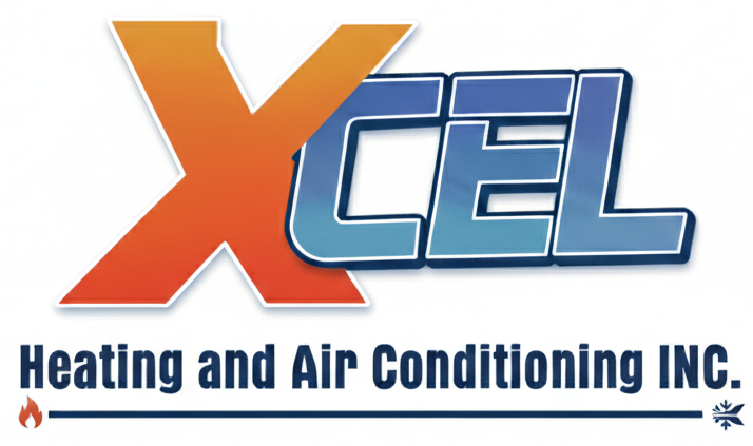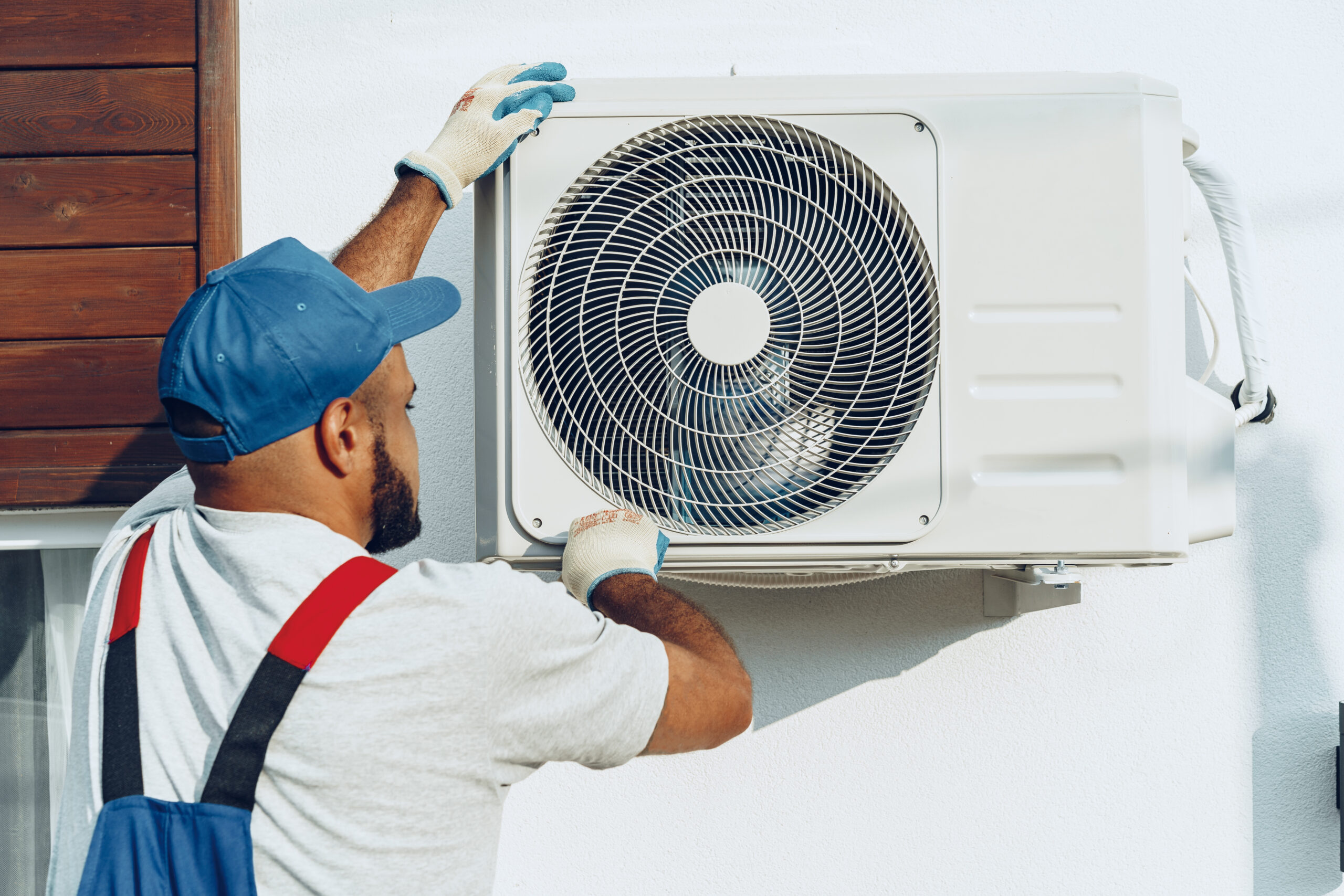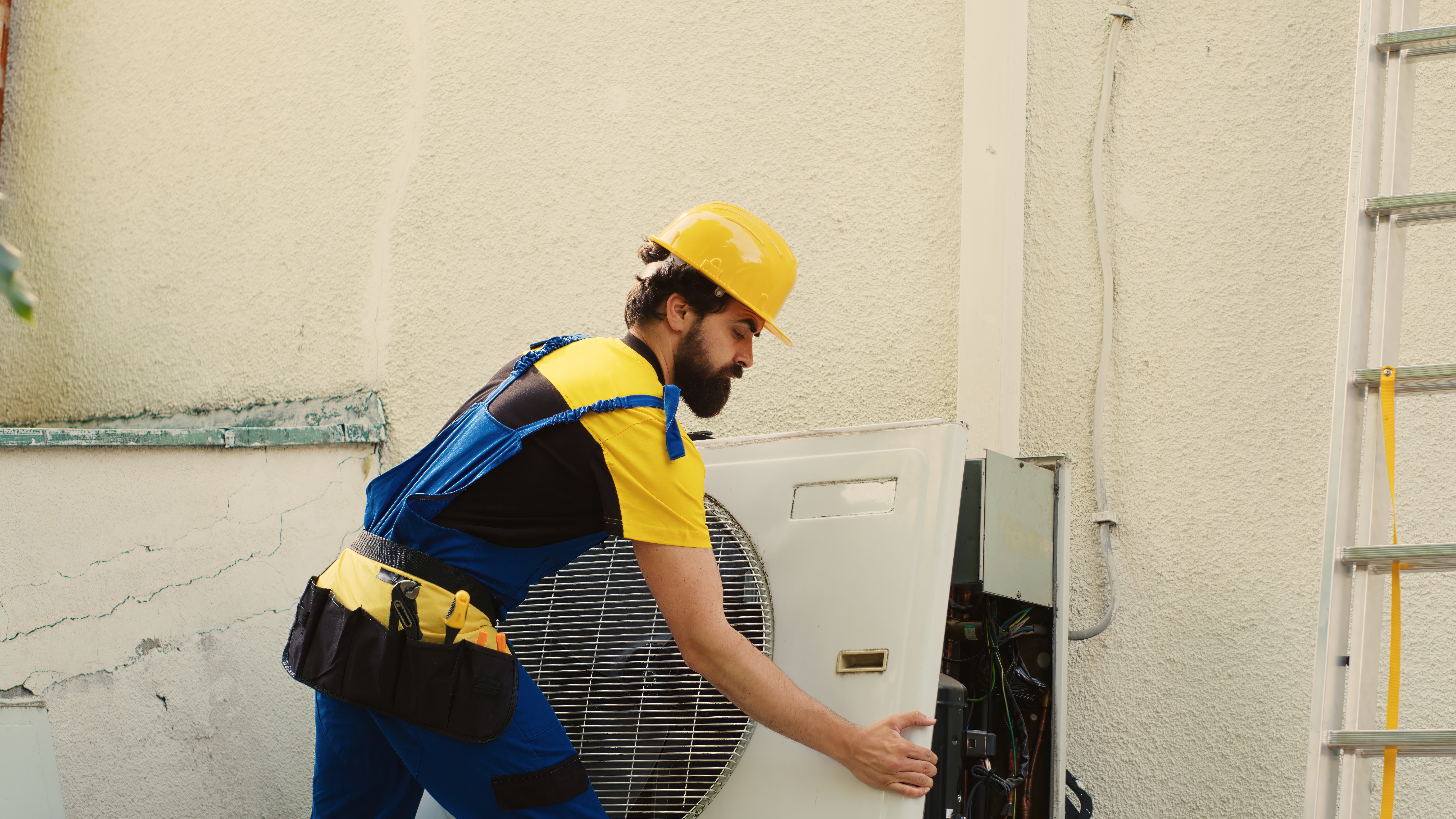HVAC Filters Bay Area That Give Families the Best Air 2025
HVAC filters Bay Area play a crucial role in protecting your home from allergies, dust, and wildfire smoke. For many Bay Area families, seasonal allergies feel like a year-round battle. Spring pollen, summer dust, fall wildfire smoke, and winter dampness all take a toll on indoor air. If you find yourself sneezing indoors, waking up with congestion, or noticing dust settling faster than you can clean, your air filter may be part of the problem.
Your home should be a safe haven from outdoor irritants, and the right filter is your first line of defense. Not all filters are created equal. Some are designed only to protect the HVAC system, while others are built to trap the smallest particles that trigger allergies. The two terms homeowners hear most often are MERV vs HEPA. But what do they mean, and which is the right choice for Bay Area homes?
Our HVAC filters Bay Area team works with both every day, and the answer depends on your comfort goals, your health needs, and the type of system you own.
What MERV Ratings Really Mean
MERV stands for Minimum Efficiency Reporting Value. This rating system, developed by ASHRAE, measures how effectively a filter can capture particles of different sizes. The higher the MERV rating, the more fine particles the filter can trap.
-
- MERV 1–4: Basic filters that capture large particles like dust, lint, and pet hair. Minimal protection for air, mainly to keep your HVAC system clean.
-
- MERV 5–8: Capture mold spores, pollen, and pet dander. A good step up for general household use.
-
- MERV 9–12: Block finer particles such as exhaust fumes, lead dust, and some Legionella bacteria. Often the sweet spot for better air quality without restricting airflow.
-
- MERV 13–16: Hospital-grade filters that catch bacteria, smoke, and even some viruses. Ideal for households with severe allergies or respiratory issues.
Most Bay Area homes can safely handle filters up to MERV 12 without modifications. Going higher can restrict airflow if your system wasn’t designed for it, which could cause breakdowns. That is why professional evaluation is important before upgrading your air filter.
What Makes HEPA Different
HEPA stands for High Efficiency Particulate Air. These filters are designed to trap 99.97% of particles as small as 0.3 microns — far smaller than most MERV-rated filters can capture. They’re the gold standard for allergy and asthma sufferers, and especially useful for home air filtration in wildfire-prone areas.
HEPA filters use a dense mat of fibers that trap particles through interception, impaction, and diffusion. This makes them incredibly effective against airborne pollutants.
However, HEPA filters require special equipment. Most central HVAC systems are not built to accommodate them directly because the airflow resistance is too high. Instead, HEPA is often added as part of a dedicated air purifier connected to your HVAC system. These bypass systems ensure your home gets HEPA-level protection without damaging your central air unit.
Which Filter Is Right for You?
-
- Choose MERV if you want a balance of affordability, compatibility, and reliable allergy relief. A MERV 11 or 12 filter is often enough for most Bay Area homes.
-
- Choose HEPA if allergies, asthma, or smoke exposure are major concerns. Whole-home HEPA systems deliver hospital-grade protection for the most sensitive households.
Our HVAC filters Bay Area specialists often recommend starting with the highest MERV rating your system can handle, then upgrading to a HEPA solution if health concerns remain.
Local Factors Bay Area Homeowners Should Consider
Allergies in the Bay Area aren’t limited to one season. In spring, tree and grass pollen spike. In summer, dry winds stir up dust. Fall often brings wildfire smoke, while winter’s dampness fosters mold growth indoors. Reliable home air filtration is about protecting long-term health, not just comfort.
Families with pets, older ductwork, or children benefit even more from higher-efficiency filters. And wildfire smoke is a unique regional challenge. While MERV filters reduce particles, HEPA systems paired with activated carbon do the best job of minimizing both particles and odors.
By investing in the right HVAC filters Bay Area solution, you’re not just reducing allergies — you’re safeguarding your home’s indoor air quality year-round.
Signs Your Filter Is Not Doing Enough
Even with a filter installed, you may notice:
-
- Dust building up quickly on furniture.
-
- Sneezing or congestion indoors, especially after running the HVAC.
-
- Lingering odors, including smoke or musty smells.
-
- Visible dirt on the filter after only a few weeks.
These are clear indicators that your current air filter isn’t meeting your household’s needs.
The Importance of Professional Guidance
Switching filters isn’t about buying the one with the highest rating. Using a filter that’s too restrictive for your HVAC system can damage equipment and reduce efficiency. That’s why professional advice matters.
Our HVAC filters Bay Area team evaluates your system, recommends the highest safe rating, and installs upgrades like whole-home HEPA purifiers. These professional home air filtration solutions give you the protection you want without compromising system performance.
FAQs
How often should I replace my filter?
Every 1–3 months in the Bay Area, especially during wildfire or high pollen seasons. Homes with pets may need monthly changes.
Can I install a HEPA filter in my existing HVAC system?
Not directly. Most systems require a bypass unit or standalone purifier to handle HEPA without airflow problems.
Will a higher MERV filter raise my energy bills?
If your system can handle it, no. If it’s too restrictive, your fan may work harder. That’s why choosing the right rating matters.
Are filters enough to eliminate allergy symptoms?
They help a lot, but combining filters with cleaning, duct inspections, and humidity control gives the best results.
What’s the most cost-effective option for Bay Area homes?
A MERV 11 or 12 filter provides excellent protection at an affordable cost. HEPA is best for severe health concerns.
Can filters remove wildfire smoke odors?
MERV filters reduce particles, but odors often require HEPA with activated carbon.
What does professional installation involve?
A technician evaluates your system, installs the filter safely, and adjusts as needed to ensure efficiency.
Breathe Easier with the Right Choice
Allergies and poor indoor air quality don’t have to control your life. By choosing the right filter — whether MERV vs HEPA — you can create a healthier indoor environment while protecting your HVAC system. Our HVAC filters Bay Area team makes the process simple, guiding you toward the option that best fits your family’s needs and your system’s capabilities.
📞 Call +1-925-433-6400 or ✉️ info@xcelhvac.net to schedule your filter consultation and installation in the Bay Area today.


